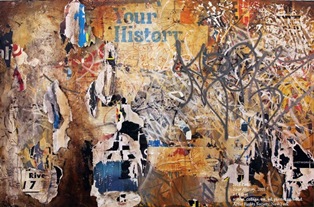The Exile’s Epic Path to Healing: Authorial Intrusion in Purgatorio and Omeros
DOI:
https://doi.org/10.13130/2035-7680/9264Parole chiave:
Dante, Walcott, exiles, authorial intrusion, secondary characters, healingAbstract
This paper explores why two seemingly dissimilar poets, Dante Alighieri and Derek Walcott, writing from different time periods and places, both utilized authorial intrusion and became secondary characters in their respective epic poems, the Purgatorio and Omeros. I propose that by inserting themselves into their stories as minor characters, they were able to address their keen sense of exile. Exile granted these poets a freedom not only in what they could write, but also in how they could write, by allowing them to merge the personal and the political. As minor characters in the larger dramas they created on the page, Dante and Walcott used their character personae to reclaim both their lost homeland and history; as secondary characters they were better able to challenge the sins and injustices of larger institutions and establishments of the time, namely the crisis of Church and State in Christendom for Dante, and colonialism and its lingering aftereffects for Walcott.Downloads
I dati di download non sono ancora disponibili.
Dowloads
Pubblicato
2017-11-28
Come citare
Hill, Kelly Elizabeth. 2017. «The Exile’s Epic Path to Healing: Authorial Intrusion in Purgatorio and Omeros». Altre Modernità, fasc. 18 (novembre):106-19. https://doi.org/10.13130/2035-7680/9264.
Fascicolo
Sezione
Saggi Ensayos Essais Essays




